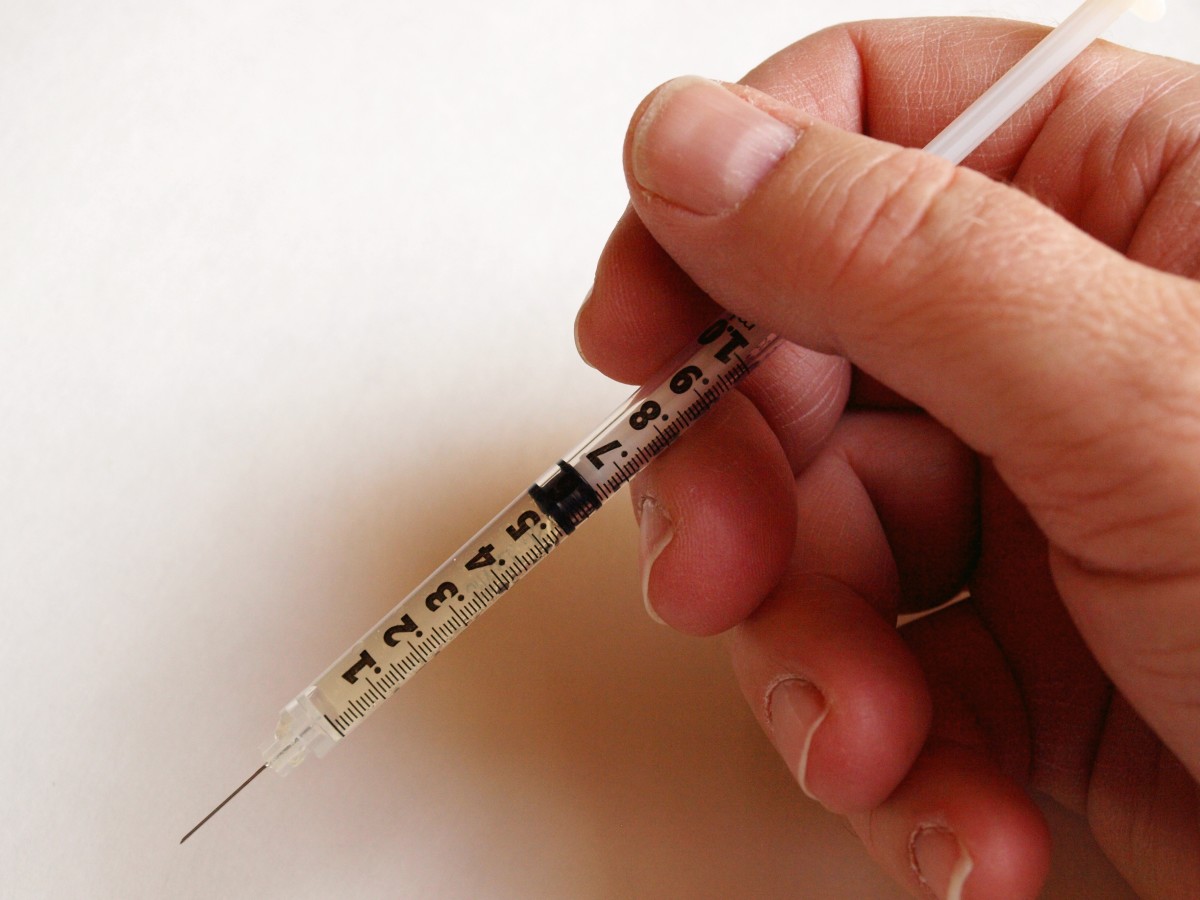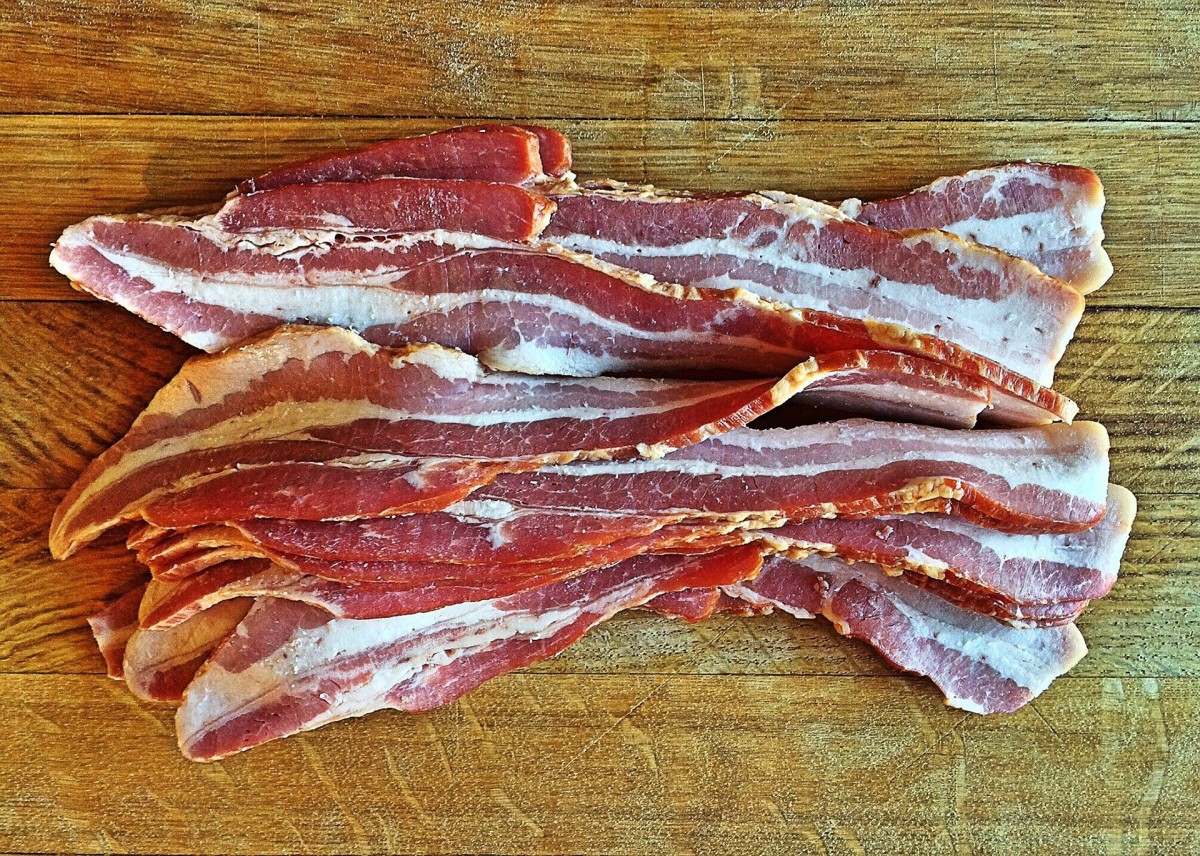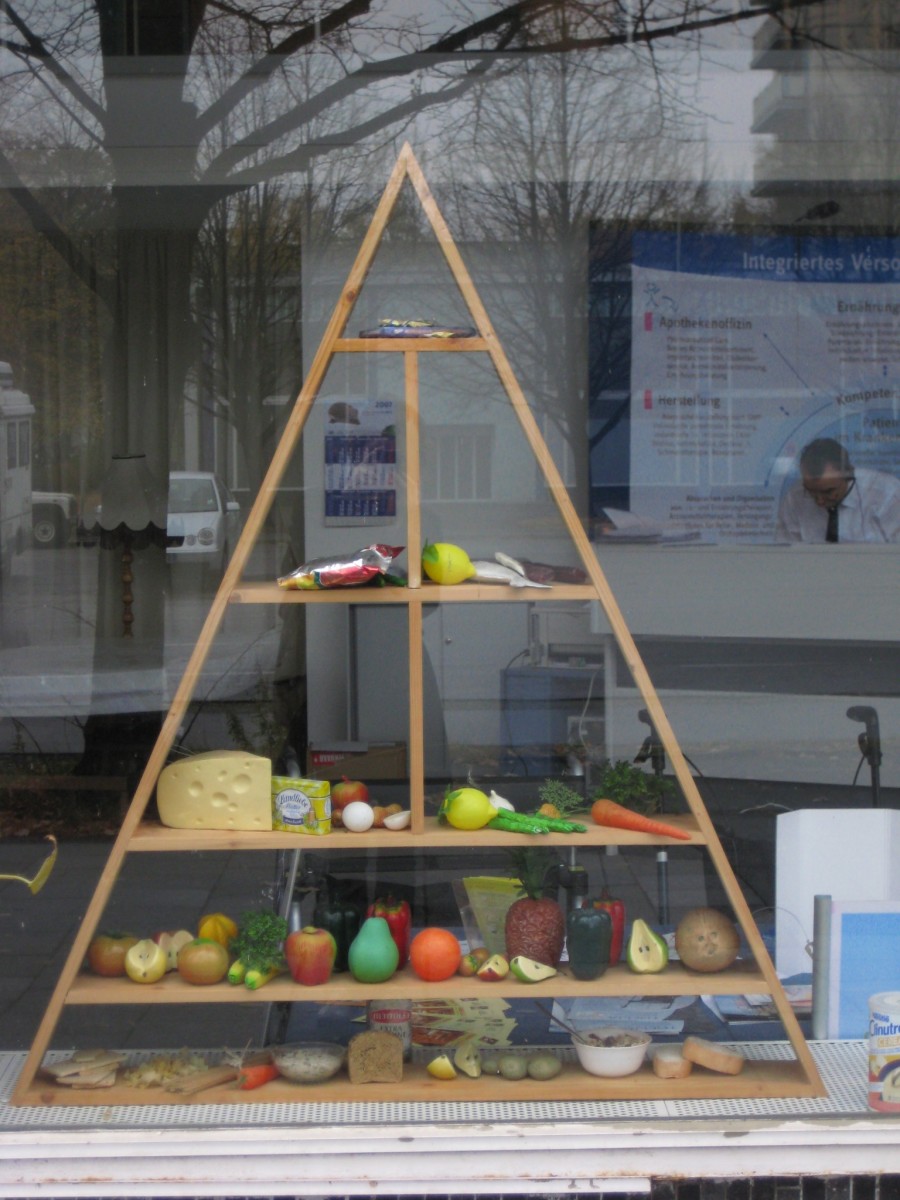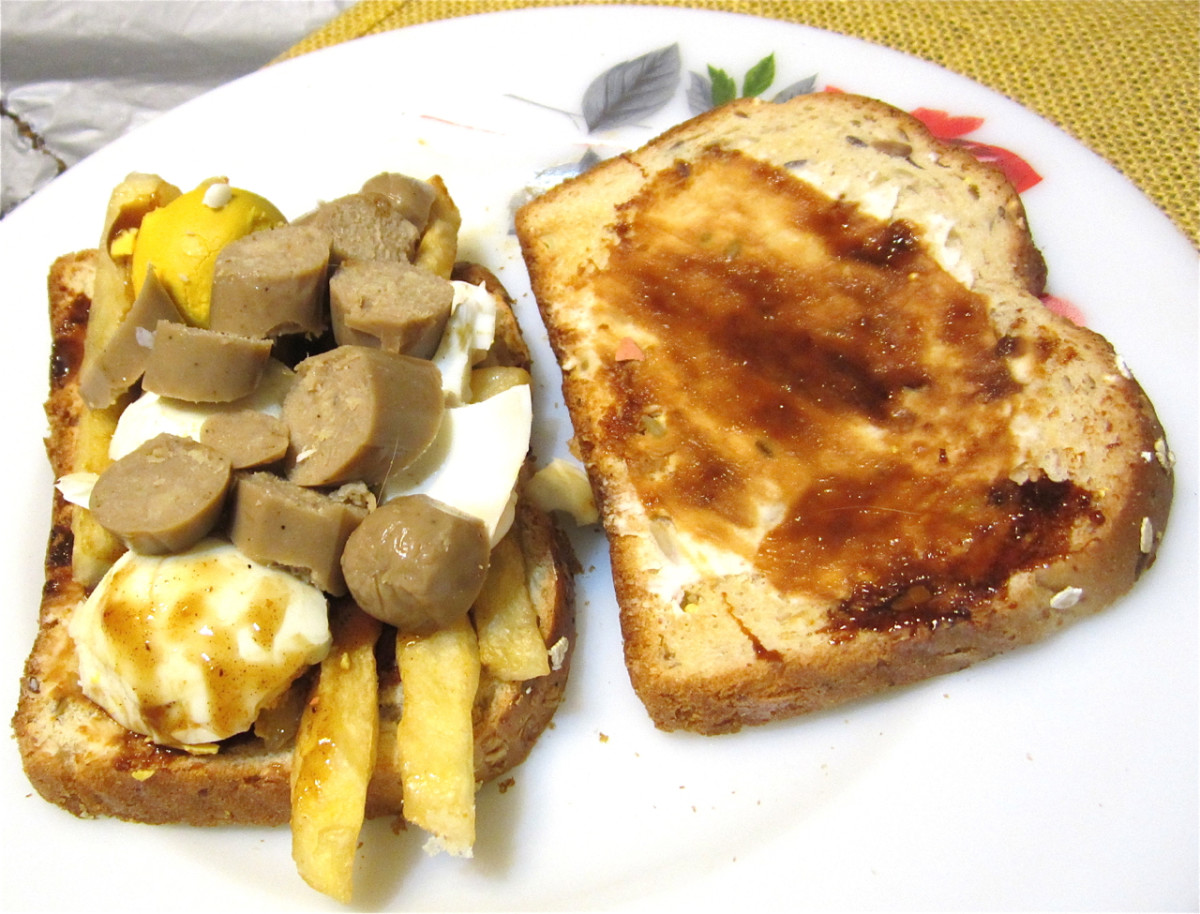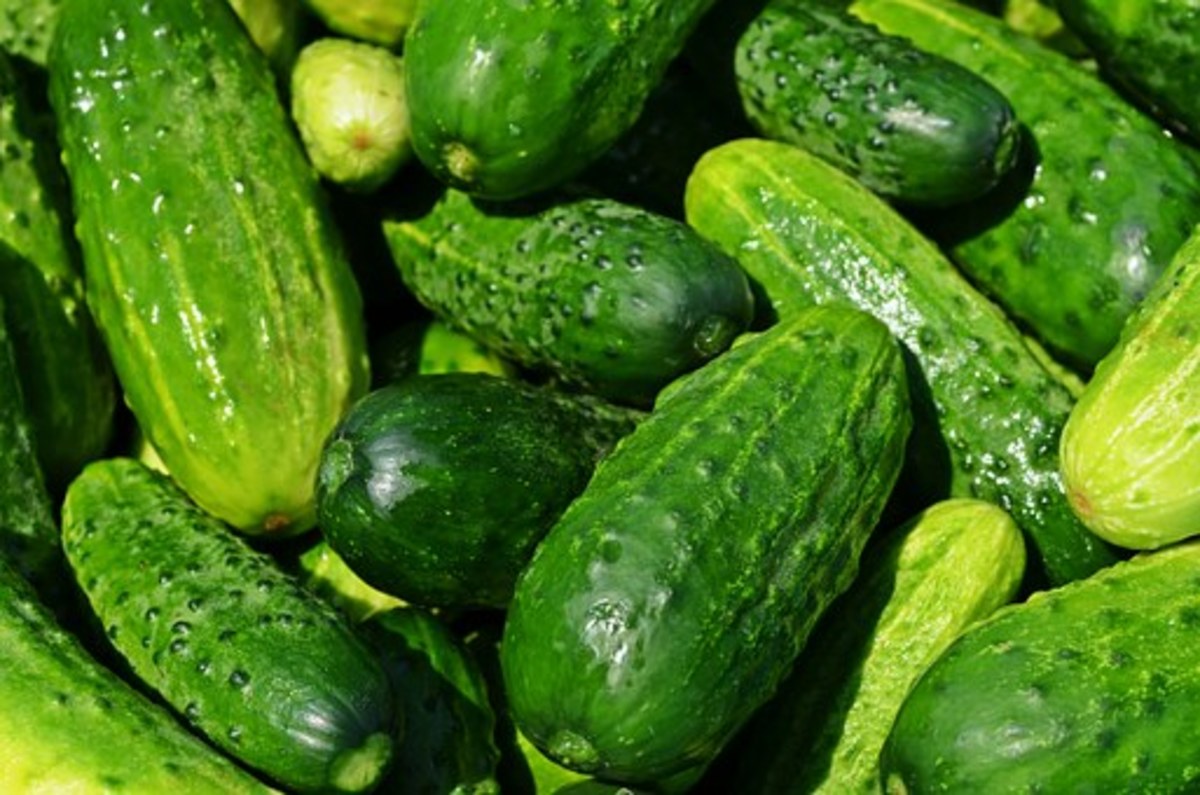20 Reasons for not eating meat
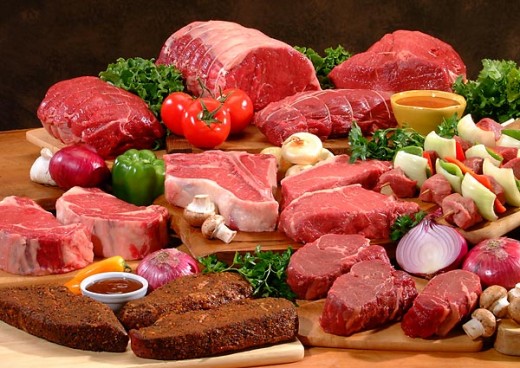
Eating meat: healthy or not?
My father always claims the best vegetable in the world is meat, and although this sounds paradoxical, it is a defining statement for the way a lot of people feed themselves.
Reasons for not eating meat are not even to be taken into account by most of the meat lovers, like my father who's almost 70 and suffers from diabetes, cardiovascular problems, overweight and some other "minor" issues.
We've all been raised to believe that meat gives us strength, vitality, pleasure and satisfaction, and health, but if I take a look around, all the people I know, who eat meat daily are not by far healthy individuals, nor full of energy and vitality.
I'm not yet sure if not eating meat would make me healthier, but I'm willing to give it a try, so I collected some 20 reasons for why I should start a meat-free diet.
20 good reasons for not eating meat
- When eating meat you don't get extra vital energy, on the contrary, the meat eats your vitality, due to the high amount of energy the body uses to digest the meat. Animal protein is a chain of amino acids that must be decomposed into constituent elements, so that the body can use it. This means the body makes huge energetic expenditure, that aren't compensated by what you get from meat.
- Meat contains high amounts of adrenaline, due to the terrifying experience the animal get when it's slaughtered. The high levels of adrenaline contained in meat makes the consumer aggressive, anxious and it's also exhausting the human adrenal glands, which over time, leads to hypertension.
- MEAT is toxic, due to uric acid (which causes gout), phosphoric acid and sulfuric acid, which are formed in the process of digestion and metabolism of meat proteins.
These acids have an irritating and inflammatory action on tissues.- MEAT is ACIDIC, leading to inflammation of tissues and their rapid degradation and the so-called acidosis, the cause of all diseases.
- ANIMAL PROTEINS rot inside the body, giving the body an ugly odor.
- MEAT is injected with growth hormones, ANTIBIOTICS AND VACCINES, all considered carcinogenic.
- If each of the meat consumers would have to kill the innocent animals (as carnivores do), we'd be amazed how many vegetarians there would be in the world. For those who still doubt this, take a visit to a slaughterhouse, and you might get convinced, completely.
- The more animal protein you consume, meaning meat and dairy, the greater will be the loss of calcium from the body. Meat is the main cause of Osteoporosis.
The larger animal protein intake, the larger urea amounts are generated in the body. This eats away body tissues, leading to calcium loss. So, drinking milk, for example makes you loose more calcium from your body, compared to how much it adds.
Scientific research into the composition and consumption of another mammal’s milk shows it contains many things which can harm our health; including hormones, growth factors, animal protein, saturated fat, cholesterol. (www.milkmiths.org.uk)- Meat protein is difficult to digest, and it requires a lot of digestive enzymes. Undigested meat that's remaining in the intestines becomes putrefied and leads to a high level of toxicity in the human body.
- Cancer cell walls have a tough protein structure. Giving up meat or reducing it leads to increasingly more enzymes that may attack the protein walls of those cancer cells, and make way for the specialized healing cells.
- When you eat large amounts of animal protein and saturated fat and you eat little or no whole grains, fresh fruits and vegetables, you do not take the necessary fiber that can bind together all the toxins and fat to be removed from your body. Thus, your kidneys have to make unnecessary efforts to purify the system, being prone to develop stones, age prematurely and fail.
- Meat contains 14 times more pesticides than vegetables or fruits and dairy products 5 times more pesticides than the food of vegetable origin. Pesticides are often sprayed directly on animals to protect them from parasites, insects, rodents and fungi.
- Animals are killed brutally and live in terrible conditions. Just watch that film, "From farm to the fridge".
- Animal protein intake interferes with the absorption of manganese in the body, which cancause dizziness, balance disorders, spasms, convulsions, neural impulse transmission problems (myasthenia, cardiac arrhythmia, atrial), neuromuscular problems, Parkinson's disease and Lou Gehring disease.
- Another issue is the quality of preserving the meat, which is hard to do, and manufacturers do not care so much for the health of the consumers. Meat, after a few days the animal had been slaughtered, turns a gray-green olive, because the rot process starts. So, the meat industry uses unhealthy substances, such as nitrates and other preservatives - to make it appear artificially red.
- Do you like lamb meat? I bet you wouldn't if you'd here how a lamb cries when it's slaughtered. It cries like a tortured baby and it simply breaks your heart.
- "Nothing will benefit human health and increase the chances for survival of life on earth as much as the evolution to a vegetarian diet." —Albert Einstein. I trust Einstein, I'm sure he knew something I don't.
- Eating dead bodies, doesn't sound too appetizing to me.
- Most people believe that animal protein is superior to those of plant origin, because the animal proteins are considered complete proteins, and the other incomplete. The truth is that some plant proteins are complete and judicious food combining can create complete proteins from several sources of incomplete proteins.
- It's said that vegetarians are short and weak, suffer from anemia, but those who eat meat are not necessarily tall and strong, and their life is on average shorter. Eskimos are almost entirely carnivorous. Are they very? Do they really have very long lifespan?
Does not eating meat affect B12 levels?
Vitamin B12 is part of the water soluble vitamins - also called cyanocobalamin, and contains cobalt, a vital component that is contained in the red blood cells.
Vitamin B12 is found only in animal foods: meat - especially in liver, milk, dairy products, eggs and seafood: crabs, oysters, clams.
It’s the only vitamin we can’t obtain from plants or sunlight. Plants don’t need B12 so they don’t store it.
Although it's said that some micro-algae, like Chlorella or Spirulina, contain high levels of B12, it has been discovered that in fact, it's not vitamin B12 but a analogues of B12, that are absorbed by human B12 receptors, occupying those receptors, and thus blocking the absorption of vitamin B12.
What are B12 analogues?
They are structurally similar compounds.
It is said that people who are not eating meat are more affected by the B12 deficiency, but in fact the truth is this isn't the most affected category, and taking a daily supplement can fix the issue.
Anyway, the quantity of B12 we need during a human life is really small, like the size of a grain.


